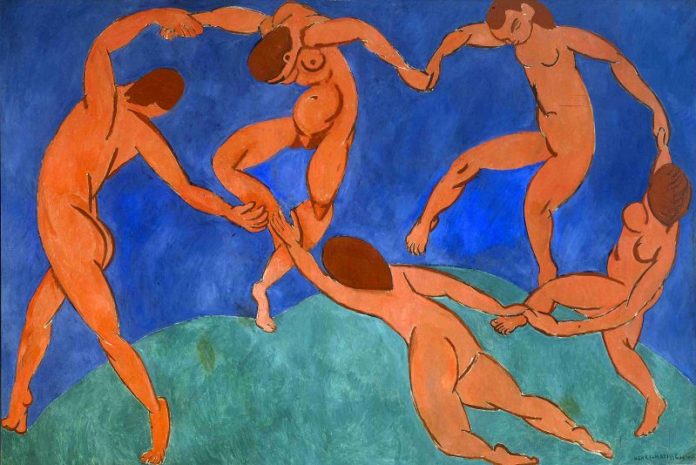(from the Alphonsian Academy Blog)
The French philosopher Gilles Deleuse (1925-1995) made a recording – available in French on Youtube – called L’Abécédaire de Gilles Deleuse in which he offers philosophical comments on terms beginning with a,b,c,d etc.
Inspired by this idea, I intend to do the same thing with a number of terms used in phenomenology. These brief comments are designed for those who are curious about this relatively new branch of knowledge but who have not had occasion to study it.
We will begin with B for Body. One phenomenologist who has concentrated considerable attention on the body is also French, Maurice Merleau-Ponty (1908-1961). What is his main insight into the body? Maybe this could be expressed by saying that, for him, the body is not a mere object in the world but an openness or an opening to the world (the term “opening”, if taken as a verb, has the advantage of bringing out the dynamic nature of this contact).
When we say that the body is not a mere object we acknowledge that in a certain, limited, sense the body is indeed also an object: if placed in a bath it will displace a certain amount of water just as other objects do. Merleau-Ponty is, however, vehement in his denunciation of our incorrigible tendency to think of the body as an object even though we might notionally accept that this is not an adequate way of understanding who we are.
When we say that the body is an opening to the world we must consider very carefully what we mean by “world”. All too often we also think of the world as a big object or as a collection of objects. In phenomenology the world is an event, that is to say the world is happening, it is not a fait accompli but that which manifests itself minute by minute (= phenomena). We can really only understand the body as an opening to the world if we grasp the idea of world in this way. The two concepts are utterly correlative. Through the five senses and through consciousness (C for Consciousness will be our next post!) the body that I am has the amazing ability “go out to” the world or let the world “come in” to itself. In Sein und Zeit, Martin Heidegger boldly states that “Openness is the basic form of being of Dasein” (“Erschlossenheit ist aber die Grundart des Daseins…”, 1984, p. 220). So it is not that there is an already constituted subject who then decides to open herself to the world, rather her opening herself to the world constitutes her existence. Following this line of thought, Merleau-Ponty insists that the body is our way of being in the world, it is what makes possible our participation in the event of the world. The body is, he insists, a system of systems for action in the world. As I hope will emerge more clearly as we go through some other letters of the alphabet, the consequences for ethics, and hence also for fundamental moral theology, could not be more colossal.
Fr. Martin McKeever, C.Ss.R.






